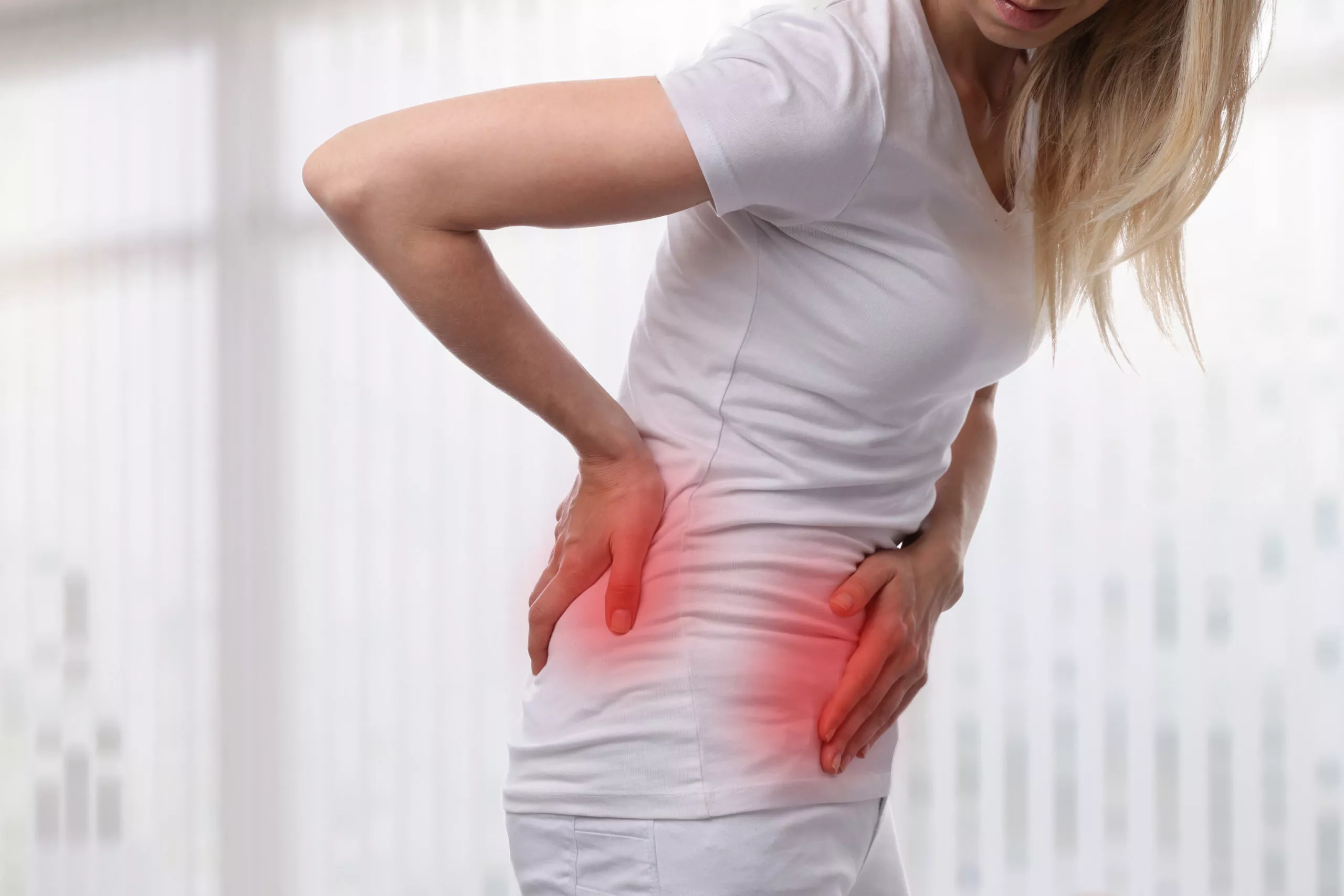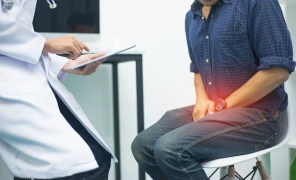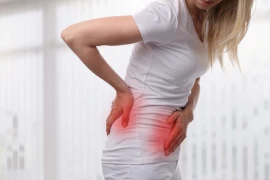
What is Kidney Stone?
- What is Kidney Stone?
- What Are the Symptoms of Kidney Stones?
- How Is Kidney Stone Treated?
The kidneys, which are the most important organs of the excretory system, are located on both sides of the spine. These are stones known as kidney stones in a hard structure formed by the combination of minerals after cleaning the blood. Kidney stones are three times more common in men than women. Even if kidney stone disease is treated, it usually tends to recur in the future.
What Are the Symptoms of Kidney Stones?
- The most obvious symptom is severe heaviness. Pain may appear in the kidney area, under the ribs, in the back, in the groin and in the lower abdomen.
- Frequent urination and burning sensation during urination.
- The odor and color of urine may vary.
- Nausea and vomiting may occur in the stomach.
- The individual may experience chills, chills and fever.
- If the stone has caused an infection, the color of the urine is dark and turbid.
- Water is very important for all body organs and kidneys. Insufficient amount of water taken into the body is one of the important factors. As a result of low water consumption during the day, the density of the substances excreted through urine increases and therefore the risk of kidney stone formation increases.
- Having a family member with this disease may cause kidney stone formation in the individual.
- Individuals who have previously had kidney stones are more likely to develop kidney stones again.
- A diet high in sodium, protein or sugar can lead to kidney stone formation.
- An individual who has had digestive system surgery has a high risk of forming kidney stones.
- Frequent urinary tract infections are among the risk factors.
- Long continuous calcium and vitamin D supplementation contributes to stone formation.
- Excessive salt consumption can be considered as one of the factors for kidney stone formation.
What Causes Kidney Stones?
Many factors can be observed in the formation of kidney stones. The combination of more than one factor creates a risky situation.
How is Kidney Stone Diagnosed?
The individual with symptoms should see a urologist and have a detailed examination. Kidney stone symptoms are often not enough for the urology doctor and some tests are done. These examinations; blood test, urine test, computed tomography, imaging methods, ultrasound, intravenous pyelogram or intravenous urogram and kidney stone analysis.
How Is Kidney Stone Treated?
Kidney stone treatment varies according to the region where the stone is found, the size of the stone and the type of stone. Stones smaller than 4mm can usually be expelled from the body through urine. Small kidney stones can also cause severe pain. Treatment is provided with the treatment method approved by the urology doctor. These treatment methods are as follows:
Water therapy: Taking enough water during the day helps stone removal.
Medication: Medicines that relax the muscles in the area can be used to help the stones formed in the urinary tract pass more easily.
SWL (breaking the stone with sound wave): Depending on the size of the kidney stone and the region where it is located, lithotripsy treatment with shock wave can be applied.
Urethroscopy: It is the method of breaking stones with the help of laser using thin and bendable instruments.
Percussion Nephrolithotomy (PNL): It is a closed method that can be applied by trained and experienced urology doctors. It is used for the treatment of stones larger than 2 cm.
Open kidney stone surgery: This method is used less frequently due to the developing technology.
Hyperparathyroidism: Surgery for the parathyroid glands can prevent the formation of kidney stones by returning the calcium level to normal.




